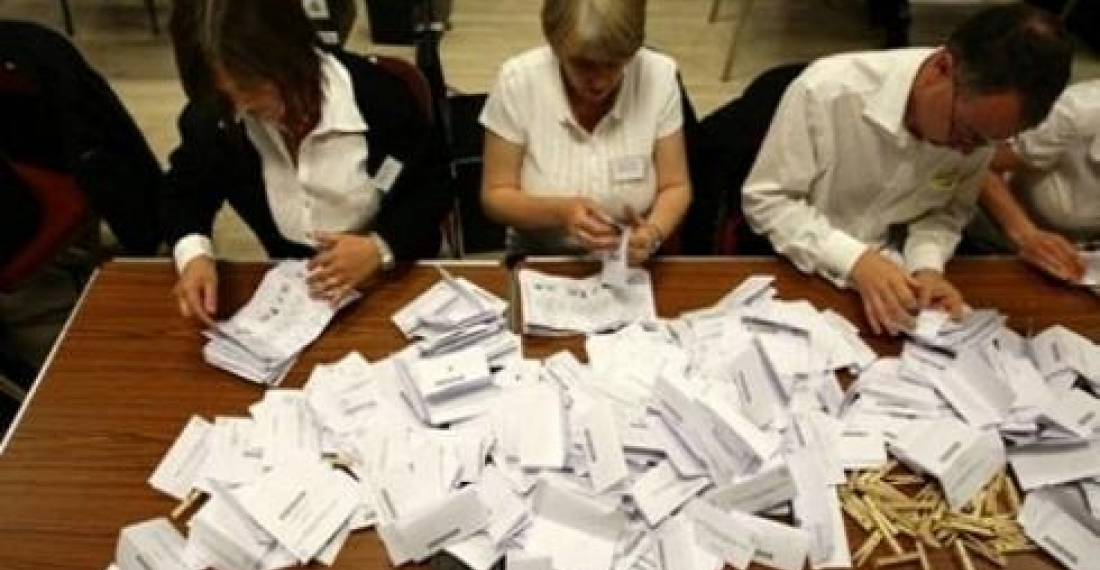Voting has ended in Armenia's Parliamentary Elections.
Preliminary reports indicate that polling took place peacefully and without major incidents.
There have been throughout the day constant reports of overcrowding in polling stations, of voters being paid bribes to vote for specific parties, and of multiple voting. It is not yet clear if these were isolated incidents or if they were part of a wider pattern.
Throughout the day there were concerns regarding the ink used to mark voters identity documents that was meant to ensure that people only voted once. Reports from many polling stations indicate that the ink was fading within minutes of being applied to the document.
Commonspace.eu political editor said in a comment that "the issue of the ink becomes more serious when one remembers that there have also been many concerns regarding the accuracy of the voters list. So if somebody's name appeared on the list twice and his identification document did not show that he had already voted then it would be very easy for such a person to vote twice. This may be a co-incidence if it happens on a handful of cases but if there is evidence of hundreds of such cases then this would be a clear indication of organised electoral fraud. The reports from the different polling stations of the international and domestic observers will in this case be of great importance as it would build a full picture of the situation."
Attention now moves to the counting of the votes, an area that in the past has also been problematic in both Armenia and elsewhere in the post Soviet space. Counting is expected to take place throughout the night and a result is not likely before tomorrow morning.
source: commonspace.eu
photo: vote counting at a european election (archive picture).







